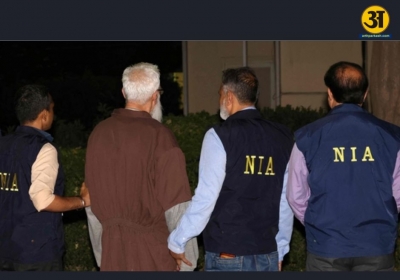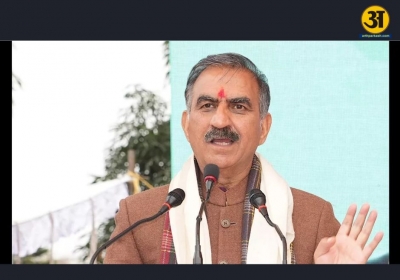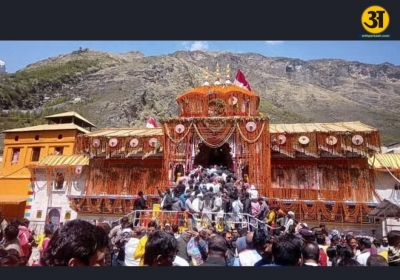Demolition Drive in Haryana's Nuh District
Demolition Drive in Haryana's Nuh District Amid Communal Tensions: Impact and Controversies
The Haryana government's recent demolition drive in Nuh district has sparked controversy and concerns due to its one-sided impact on properties owned by Muslims. The drive, initiated after communal violence in the region, aimed to curb illegal constructions and encroachments but has raised questions about transparency, due process, and potential bias.
Demolition Numbers and Context:
The demolition drive in Nuh district unfolded over five days, targeting 1,208 buildings and structures across 11 towns and hamlets. The aftermath of communal violence, which led to six deaths and 88 injuries, prompted the government's action. However, the targeted properties were overwhelmingly owned by Muslims, drawing attention to potential discriminatory practices.
High Court Intervention and Ethical Concerns:
The Punjab & Haryana High Court intervened in the situation on August 7, questioning the apparent one-sidedness of the demolitions and inquiring whether the state was engaging in "ethnic cleansing." The court's stay order reflected ethical concerns and the need for a balanced approach to the demolitions.
Selection Criteria and Involved Departments:
The process of selecting properties for demolition involved various departments, including town and country planning, Haryana Shahari Vikas Pradhikaran (HSVP), police, forest, and local panchayats. The decision-making process was based on records, statements of suspects linked to the violence, and legal opinions. Officials emphasized that the demolitions targeted arrested or identified individuals and illegal establishments.
Community Bias and Disproportionate Impact:
A common thread emerged in the demolitions — a significant majority of the affected properties were owned by the Muslim community. This apparent bias raised concerns of selective targeting and discriminatory practices in the implementation of the demolition drive.
Rohingya Camp Demolition and Legal Issues:
The demolition of over 250 shanties in a Rohingya camp in Tauru highlighted further concerns. The police justified the action based on the presence of individuals involved in the Nuh violence and the shanties being built on HSVP land. However, these arguments raise legal questions about due process and the rights of displaced individuals.
The Haryana government's demolition drive in Nuh district reflects a complex web of ethical, legal, and social concerns. While the initiative aimed to address illegal constructions and encroachments, its one-sided impact, lack of transparency, and potential biases have ignited debates about the fairness and integrity of the process. The intervention of the High Court underscores the need for a balanced approach that respects due process, community rights, and equitable treatment.





